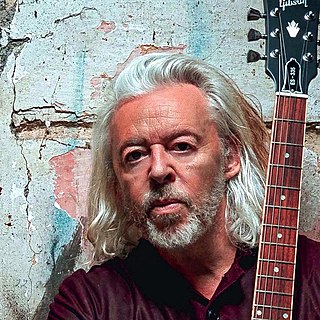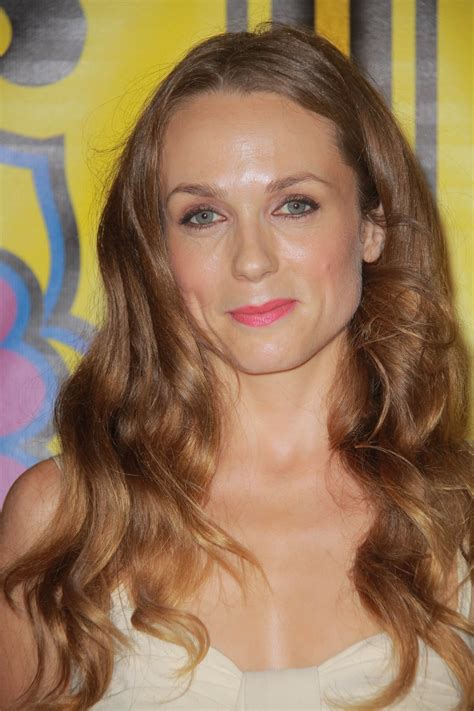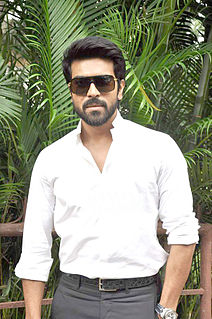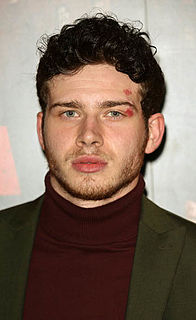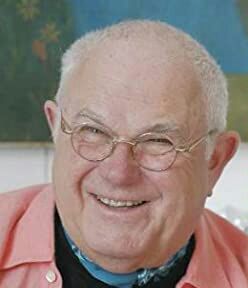A Quote by Roland Orzabal
I always thought I had a difficult childhood 'til I saw the film 'Angela's Ashes'.
Related Quotes
Guru's family gave me a piece of his ashes. I saw the gold box of ashes that his father had when we had the memorial service. He had a nice giant gold box that had his name on it. It was really nice. I know all the family members had ashes that they all spread and took on their own. So I said lemme ask is it cool if I have some.
I think all of us thought that by the '70s, at the latest the '80s, all the world's problems would be solved and everyone would be getting along fine. And instead we saw that Martin Luther King Jr. was assassinated that year, Robert F. Kennedy died. We saw that it was going to be a lot more difficult than I think we had thought.
I met Michael Snow and Stan Brakhage the second day after I arrived, you know. I had never seen or heard of Brakhage. For me, it was a revolution, because I was well educated in film, but American-style experimental film was known to me in the abstract, and I had seen practically nothing. I had seen a film then that Noël Burch had found and was distributing called Echoes of Silence. It was a beautiful film, three hours long. It goes forever and it was in black and white, very grainy, and I saw that film and I thought...it was not New Wave. It was really a new concept of cinema.
I needed to create some dramatic tension to sustain the interest of the audience. For instance, the boy in the film is not in the play, so this relationship that he had with the former teacher, and his guilt, this is not at all in the play. I thought it would be interesting to look at in the film, and I added stuff like that around the main character. For me, it was not more difficult or less difficult.
During the entire process of making this film I never thought about whom I was making it for. I always thought that the film was for me, but I didn't think of any of that. I just did what I thought I had to do. I didn't think, "This is what children are going to think" or "This is what adults will understand."
Being someone who had had a very difficult childhood, a very difficult adolescence - it had to do with not quite poverty, but close. It had to do with being brought up in a family where no one spoke English, no one could read or write English. It had to do with death and disease and lots of other things. I was a little prone to depression.
